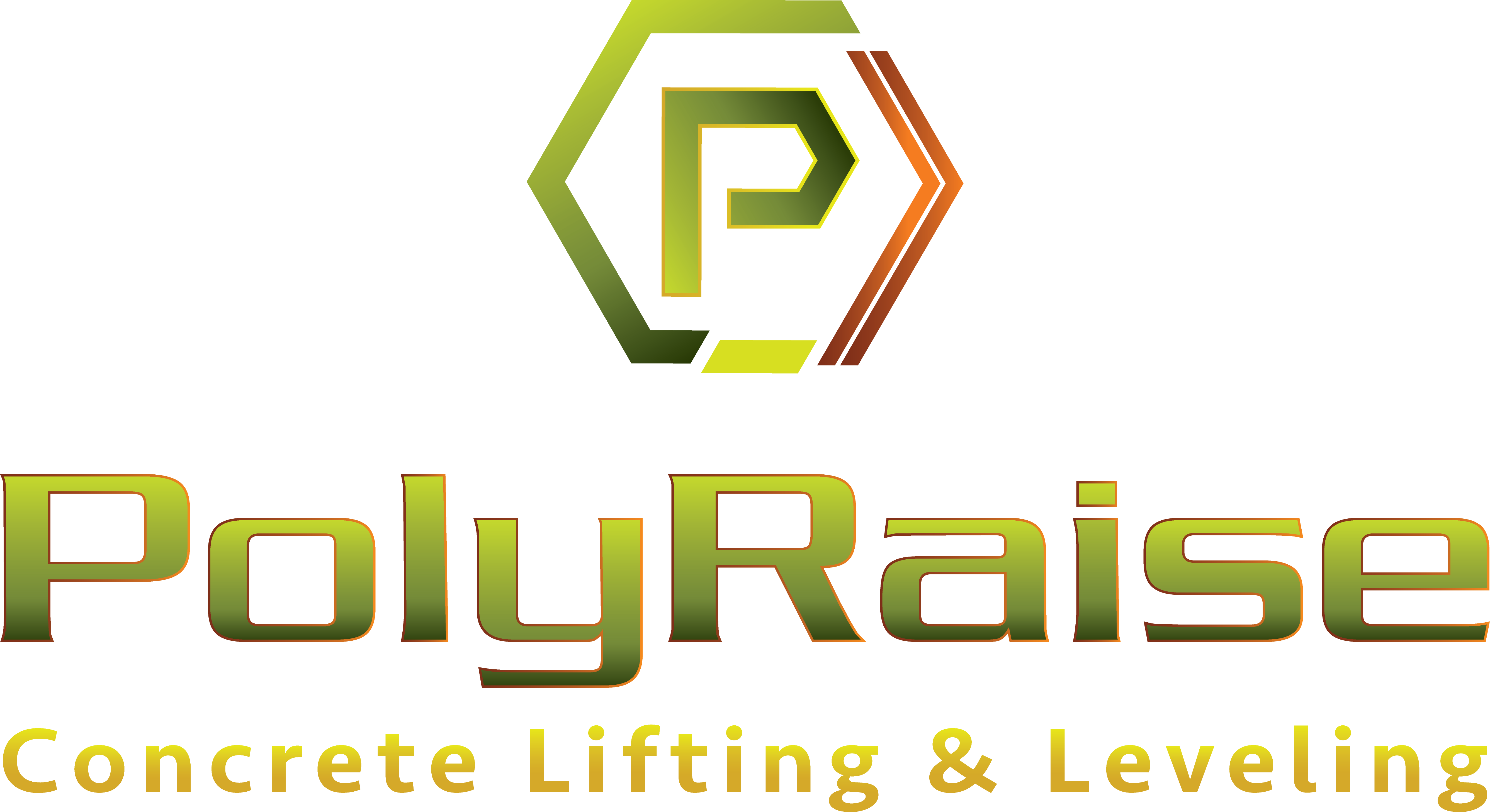Why does concrete sink?

Soil washout or erosion can result in an empty space beneath your concrete slab, (void) leaving the sub-straight unable to support the slab. This can lead to cracks and sinking over time.
Concrete is heavy! So when the soils underneath a concrete slab are unable to support its weight, the slab will settle. If part of the concrete slab is supported by soils and other sections are not, the unsupported pieces may crack away from the other section and result in un-level concrete and create a Trip Hazard.
PolyRaise can inspect the condition of your concrete slab during an on-site evaluation.
Call us today at 715.559.6144 to schedule a FREE ESTIMATE
Primary causes of sinking concrete
1 Soil Shrinkage, Compaction & Settling
 Different types of soil have different load-bearing capacities. When a soil’s load-bearing capacity is exceeded, the soil will compact and settle
Different types of soil have different load-bearing capacities. When a soil’s load-bearing capacity is exceeded, the soil will compact and settle
It’s also possible for the soil beneath a slab to settle and compact of its own accord. Soil that contains large amounts of clay and/or silt will shrink substantially when it gets dry. As the soil compacts underneath a concrete slab, the unsupported slab will sink as well, usually cracking in one or more spots.
2 Washout Of Soils
 The soil that is underneath your driveway, patio, or concrete steps may not necessarily remain there to provide adequate support for the concrete slab. As water moves underneath your concrete slabs, it can wash away the soil that’s supporting the weight of the concrete. As this happens, it creates a void, or empty space, underneath the slab. Over time, with nothing to support it, your concrete slab can begin to crack, sink or settle.
The soil that is underneath your driveway, patio, or concrete steps may not necessarily remain there to provide adequate support for the concrete slab. As water moves underneath your concrete slabs, it can wash away the soil that’s supporting the weight of the concrete. As this happens, it creates a void, or empty space, underneath the slab. Over time, with nothing to support it, your concrete slab can begin to crack, sink or settle.

